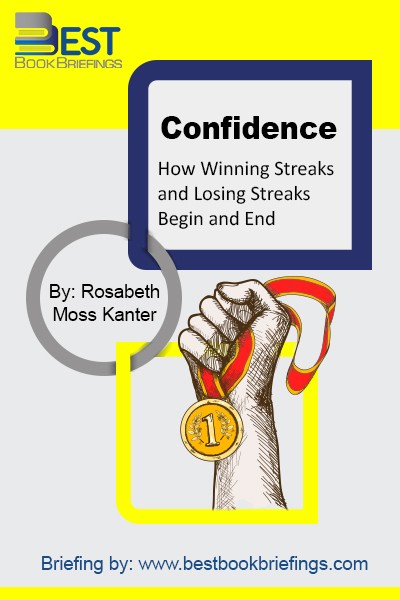Confidence
How Winning Streaks and Losing Streaks Begin and End
Editorial Review
Confidence is the bridge connecting expectations and performance, investment and results. Sometimes it seems as if there are only two states of being: Boom or Bust. When things are up, it feels as if they will always be up. People come to believe they can succeed at anything they try; companies proffer grand visions of innovative futures; and investment is easy to attract. When things are down, it seems as if they will always be down. That's how depressed people feel; that's why recession-dominated economies find recovery elusive; that's why teams or business can stay in decade-long slumps. Any company, any group, any person can be swept along by one of these fortunate or unfortunate cycles. What causes them to rise or to fall is often a matter of confidence. Confidence helps people take control of circumstances rather than be dragged along by them.
Book Reviews
Books on Related Topics
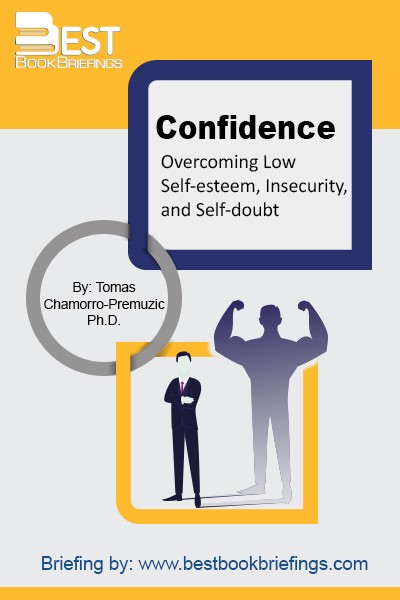
If you picked up this book because you want to increase your confidence, you are not alone. Millions of people have low confidence and most of them worry about it, not least because it's incredibly hard to simply boost. our confidence at will, as you've no doubt realized by now. We've

Confronting Reality will change the way you think about and run your business. It is the first book that shows how to connect the big picture of the new era of business with the nitty-gritty of what to do about it. Through a completely new way to understand and use the
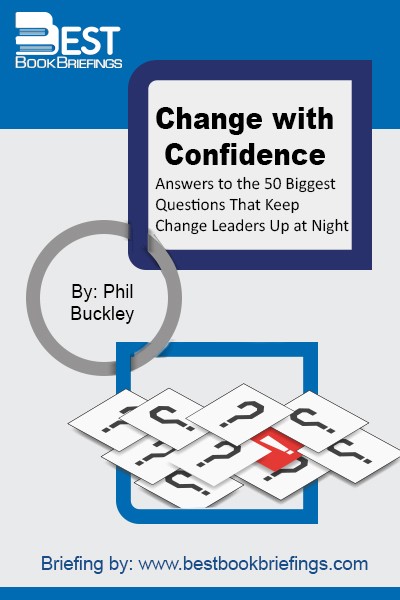
If you have been charged with leading a change initiative, chances are you were chosen for the job—that is, you didn’t volunteer, but rather were tapped to lead or manage a large change project. You may have been given a short briefing and left to your own devices to succeed or
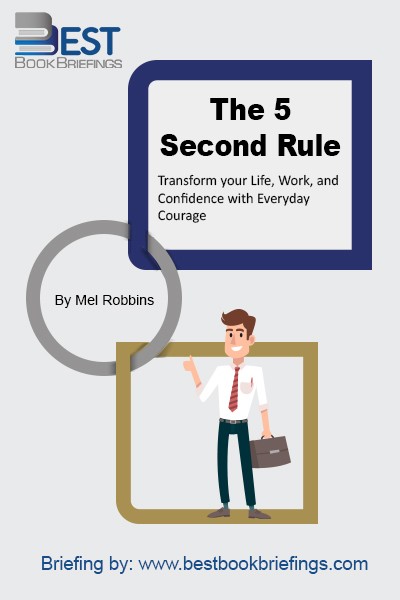
How to enrich your life and destroy doubt in 5 seconds. Throughout your life, you've had parents, coaches, teachers, friends and mentors who have pushed you to be better than your excuses and bigger than your fears. What if the secret to having the confidence and courage to enrich your life
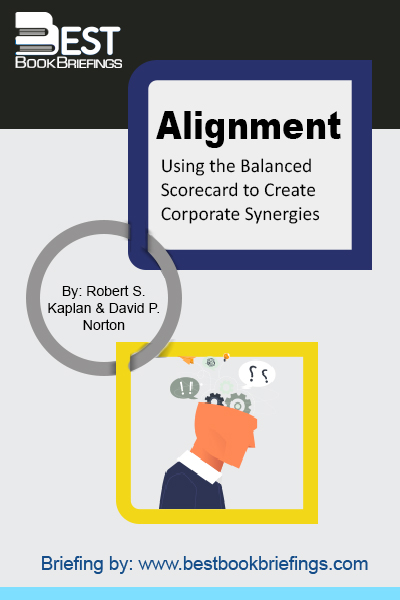
Corporations are like shells racing. Each shell contains strong, highly motivated athletes, eight persons. The key to their success is that they row in synchronism. Imagine a shell populated by eight highly conditioned and trained rowers, but with each rower having a different idea about how to achieve success: how many
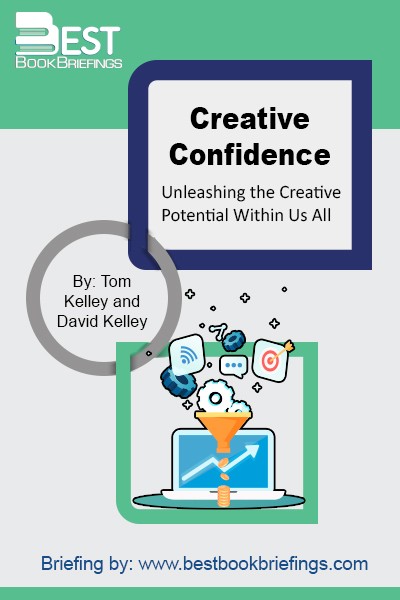
When you hear the word “creativity,” what do you think of next? You may equate “creative” with “artistic.” You may believe that architects and designers are paid to be creative thinkers, but CEOs, lawyers, and doctors are not. Or you may feel that being creative is a fixed trait, either you’re
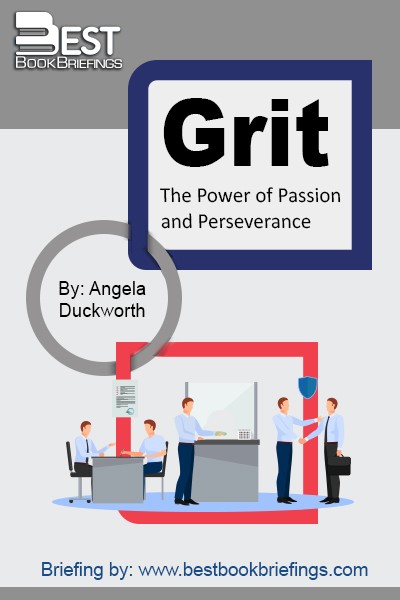
The highly successful people have a kind of ferocious determination that plays out in two ways. First, they are resilient and hard working. Second, they know what they want. They not only have determination, but they also have direction. It's this combination of passion and perseverance that made high achievers special.

Although personal traits are important in making successful leaders, it is the know-how that separates those who build long-term values from those who hit short-term targets. Personal characteristics do not guarantee sound judgment or realistic vision, and their values are greatly diminished without the know-hows that could be learned and developed
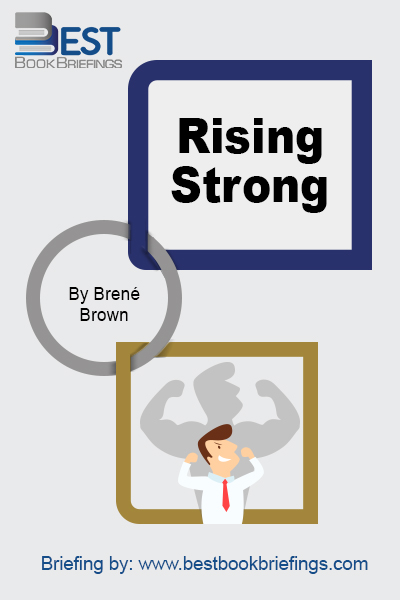
While vulnerability is the birthplace of many of the fulfilling experiences we long for—love, belonging, joy, creativity, and trust, to name a few—the process of regaining our emotional footing in the midst of struggle is where our courage is tested and our values are forged. Rising strong after a fall is

